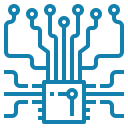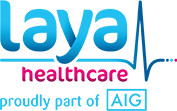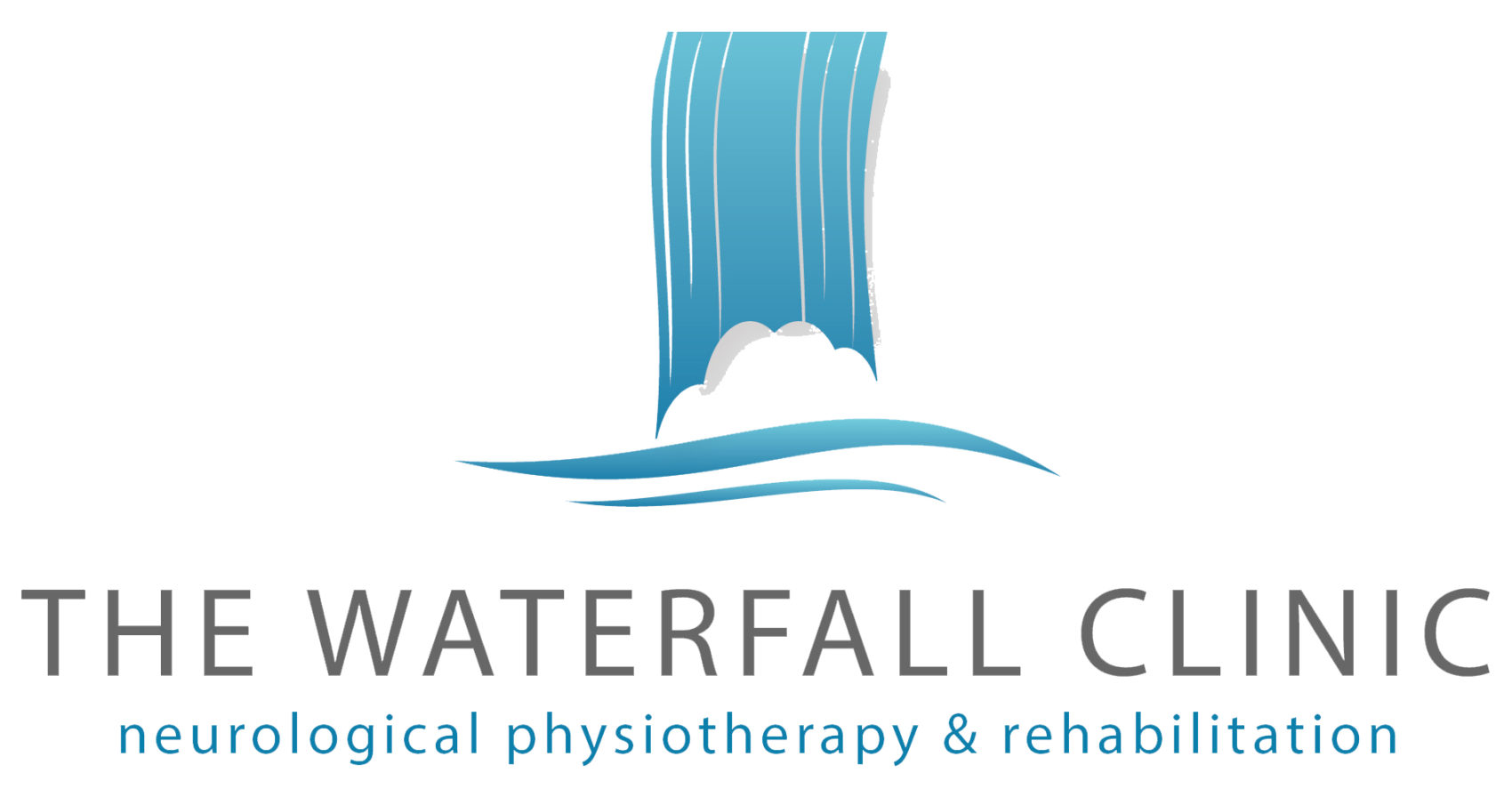Ischemic:
About 80% of strokes are ischemic and result from a clot or blockage forming in the blood vessel, causing a lack of oxygen to the brain cells. The clot can occur at the site of the blockage, or it can travel from other blood vessels in the body and become lodged in the arteries that supply the brain.
6 Claregate St,
Kildare Town
085 863 5222
thewaterfallclinic@gmail.com
Mon-Thurs 9-5, Fri 9-2,
Closed Weekends
A stroke or cerebrovascular accident (CVA) results from an interruption of the blood supply to part of the brain. This can be caused by a blocked or burst blood vessel. Without a rich blood supply and oxygen, the brain cells can become irreversibly damaged. Although brain cells are unable to recover from the damage caused by a stroke, areas of the brain are able to adapt to learn new tasks and compensate for the area that has been damaged.
There are two main types of stroke, ischemic and haemorrhagic:
Haemorrhagic:
These result from blood vessels in and around the brain rupturing and causing bleeding in the surrounding areas. This causes a build up of pressure which damages the delicate tissues. The disruption of the blood supply also results in the cells in the surrounding areas being starved of oxygen.
Transient Ischemic Attacks (TIA)
These are often known as mini strokes. These are brief episodes where some brain function is temporarily lost due to short disruption of the blood supply. Symptoms, such as limb weakness, last less than 24 hours as the cells in the brain have not been permanently damaged.

Our Approach
Our dedicated neurological physiotherapists at The Waterfall Clinic understand the difficulties a person will face following a stroke. For the best possible recovery, it is important to start physiotherapy as soon as possible. Physiotherapy treatment will advise and support you throughout your treatment and maximise your potential in order that long term improvements can be achieved.
The Waterfall Clinic has experienced neurological physiotherapists that are able to provide treatment that will enable you to reach your maximum potential.

Treatment Plan
- Increase muscle strength through strengthening and mobilisation exercises
- Improve balance and mobility through assessment of different mobility aids and postural re-education
- Reduce muscle stiffness, spasms and pain through stretching programmes
- Reduce the risk of falls through balance work, gait re-education and training
- Increase functional activity of the affected arm and leg through home exercise programmes
- Help reduce foot drop through Functional Flectrical Stimulation (FES) and various orthotics
- Increase function, independence and quality of life
- Combine stretching, aerobic exercise, strengthening and relaxation techniques through exercise classes
”I brought my father to the Waterfall Clinic last year. He was unable to walk and so fearful of walking. Johanne used a walking hoist with him in the bars and he was able to step and walk for the first time in so long. It was so fantastic to see him smiling and standing again. Johanne was so amazing with him, I cannot thank her enough for giving us both a glimmer of hope for the future
Terri McComiskey
Why Choose Us?

Highly Trained
Therapists

Access to latest
neurotechnology

Specialised
equipment

Patient centred
care

Holistic
approach

Fully accessible clinic
and rehabilitation gym
Covered by the following









